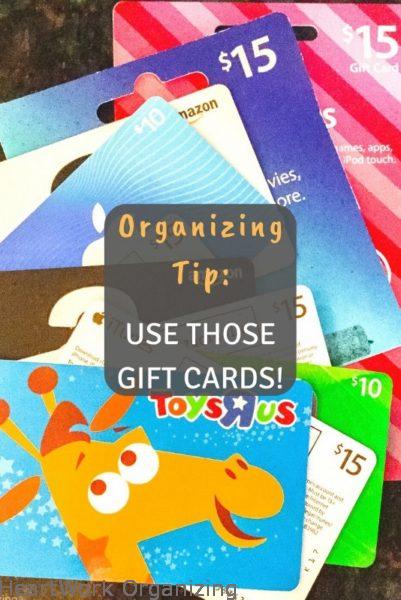A fun, easy way to get a discussion started about a book you have read:
When reading aloud, ask questions that initiate a conversation with your child.
Through this sort of question and answer session, your child will gain important language & expression skills, comprehension skills, critical thinking skills, and memory skills — all the while using his imagination!
In practice
I keep open-ended questions for stories on index cards — which gets baby bookworm excited to do them, because she thinks they are a "story game." I generally use the open-ended questions on the cards after we've finished reading the book, but I try to ask additional questions at the beginning of the story, as well as points throughout my read aloud that I feel are appropriate.
 Here is an example of a read aloud we did today using open-ended questions with the book Knuffle Bunny by Mo Willems. It's a cute story about a little girl named Trixie who loses her favorite stuffed animal while at the laundromat with her daddy.
Here is an example of a read aloud we did today using open-ended questions with the book Knuffle Bunny by Mo Willems. It's a cute story about a little girl named Trixie who loses her favorite stuffed animal while at the laundromat with her daddy.
Prior to the story…I asked baby bookworm to remember what this book was about (we hadn't read it in awhile), and to try and predict what might happen in the story based on the front cover. During the book, I asked questions like: "What do you think will happen next?"
Story cards
Once we were done reading, I let baby bookworm hold her story cards. She would select one, hand it to me, and I read it. Then we discussed! Here's the questions we used (and her answers).
- How did the main character [Trixie] feel in the story? "She felt sad because she lost her Knuffle Bunny."
- What was your favorite part of the story? "When she was sad and lost Knuffle Bunny." Me: "Why was that your favorite part?" "Because she said all those baby words, and that was funny."
- Turning to the last page of the book..What happened at the end of the story? "She didn't lose Knuffle Bunny anymore because she loved her."
- Keeping on the last page of the book…What do you think might happen next in the story? "They are going to run all the way home."
- What character was your favorite? "I liked the mommy because she didn't lose anything."
- What new word did you learn from the book? She didn't really have a response for this one, but it led to a discussion about the word 'errand' which was in the book.
- What will you remember about this story tomorrow? "That they said aggle flaggle goggle — that was funny."
Of course I elaborated on her initial responses so that we were having a real discussion about the story!
A few more
These questions are great way to get a conversation started with your child, and here are a few others you might want to try:
What about the story made you feel [insert an emotion]? What would you do if you [were that character or in the story]? If you could make up an ending to the story, what would it be?
 Lakeshore Learning has "story wands" with open-ended questions such as these, too, or you could make your own.
Lakeshore Learning has "story wands" with open-ended questions such as these, too, or you could make your own.
Whether you are using fancy story wands, ones that are homemade, or even index cards like we do – asking open-ended questions before, during, and after a story is one easy way to enhance the read aloud experience!
Marissa Kiepert Truong, PhD is a Chester County, PA mom and early education consultant. This post is adapted from her blog Land of Once Upon a Time.






